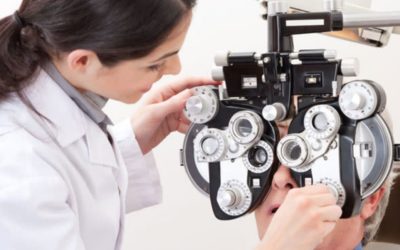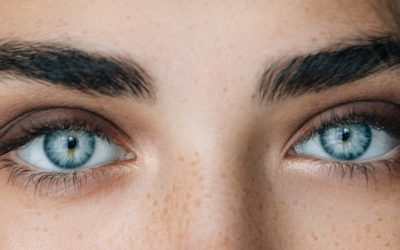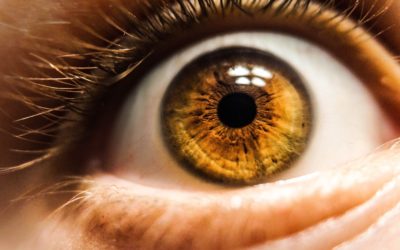Can LEDs Damage Your Vision?
Light emitting diodes, or LEDs, have become very common recently. This technology is used in lightbulbs as well as screens. LEDs are able to produce light very efficiently, which makes them a good environmental choice. It also means that they work well for mobile devices, because they require less battery power to keep the screen on.
However, there has been some recent research indicating that there are possible risks to the retina from these devices. What are the risks? Is there anything that you can do to help protect your vision?
Blue Light From LEDs May Damage Retinal Cells
There have been a few studies indicating that there is a risk of retinal cell damage from looking at screens. A study done in Spain showed that rats that were exposed to LED screens for 16 hours per day showed a retinal cell death rate of 23% of
Light waves come in a range of frequencies, with differing wavelengths. Red light, with the longest wavelength, also has the least amount of energy. Blue and purple light have much shorter wavelengths, and carry far more energy. This is why researchers expected that blue light would be more dangerous for the retina than red light; with more energy, these wavelengths of light are more likely to cause retinal cell damage, because the energy from the light rays leads to changes in the cells' DNA and proteins.
Screen Protectors May Help
If you're concerned about these risks, and you want to minimize the chances of damage to your retina, that doesn't mean that you have to stop using screens. Realistically, for most of us in the modern world, screens are a necessity and are a big part of our lives. However, the use of a simple screen protector can help. This device fits over the screen to partially block the most damaging blue and purple light frequencies, so that less of these reach your eyes and cause damage.
In the Spanish study mentioned earlier, using a screen protector that blocked blue and purple frequencies actually prevented the screen-induced cell death completely. The rats exposed to protected screens didn't have any higher a rate of cell death than those who didn't look at screens at all




0 Comments